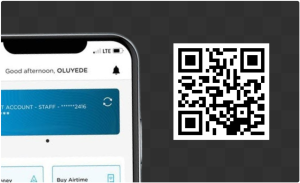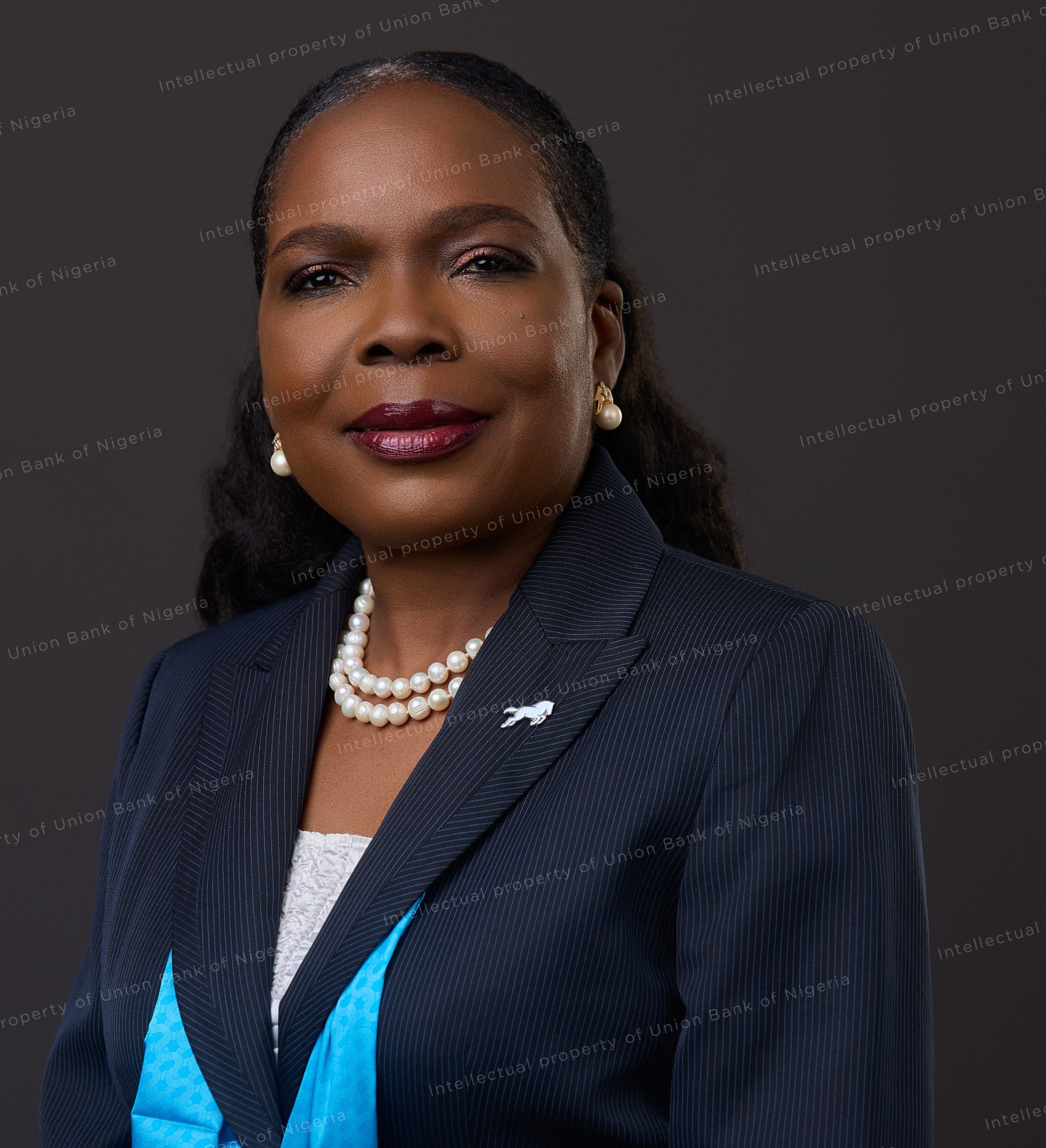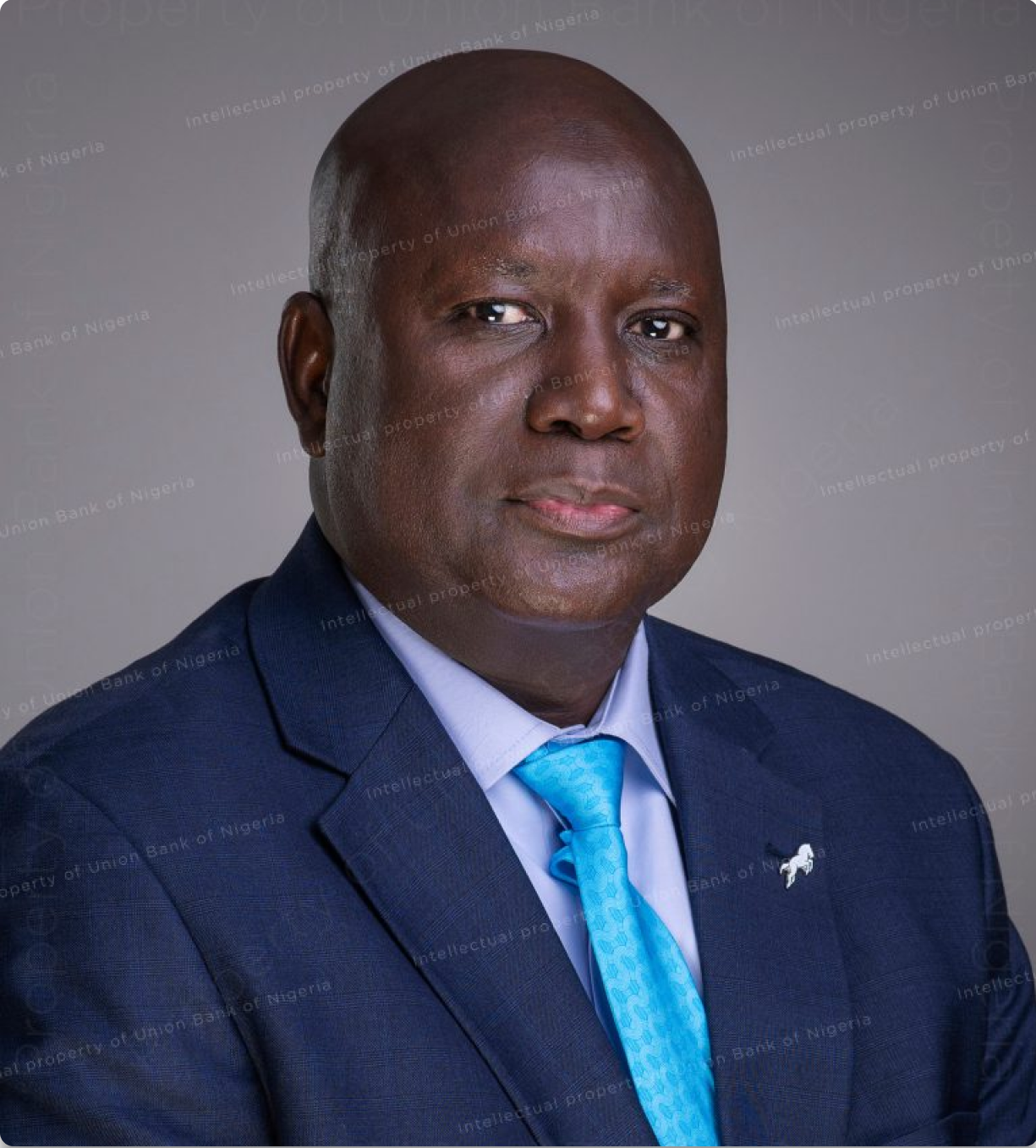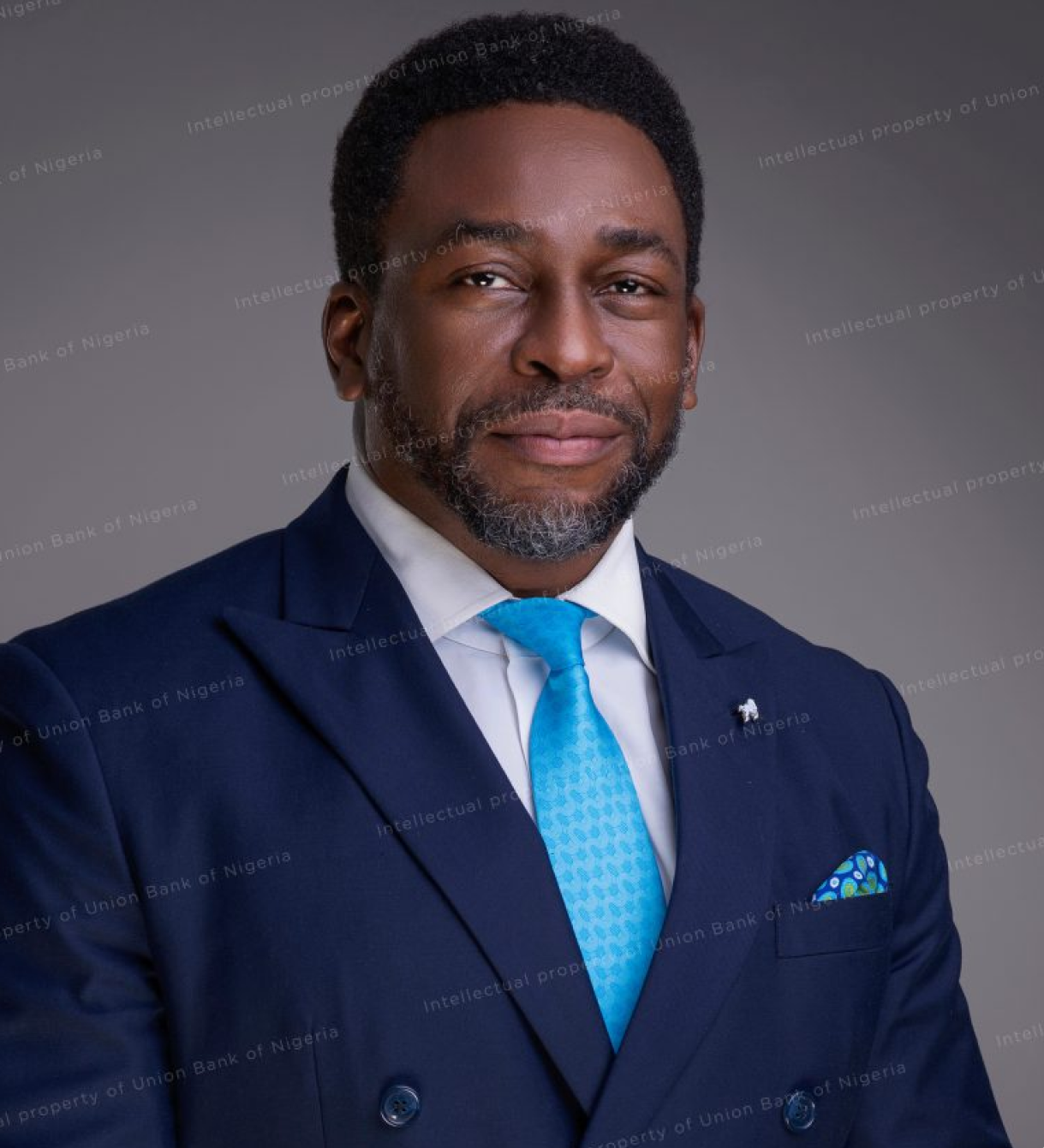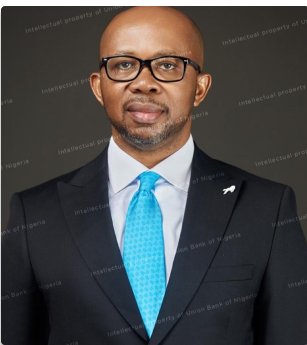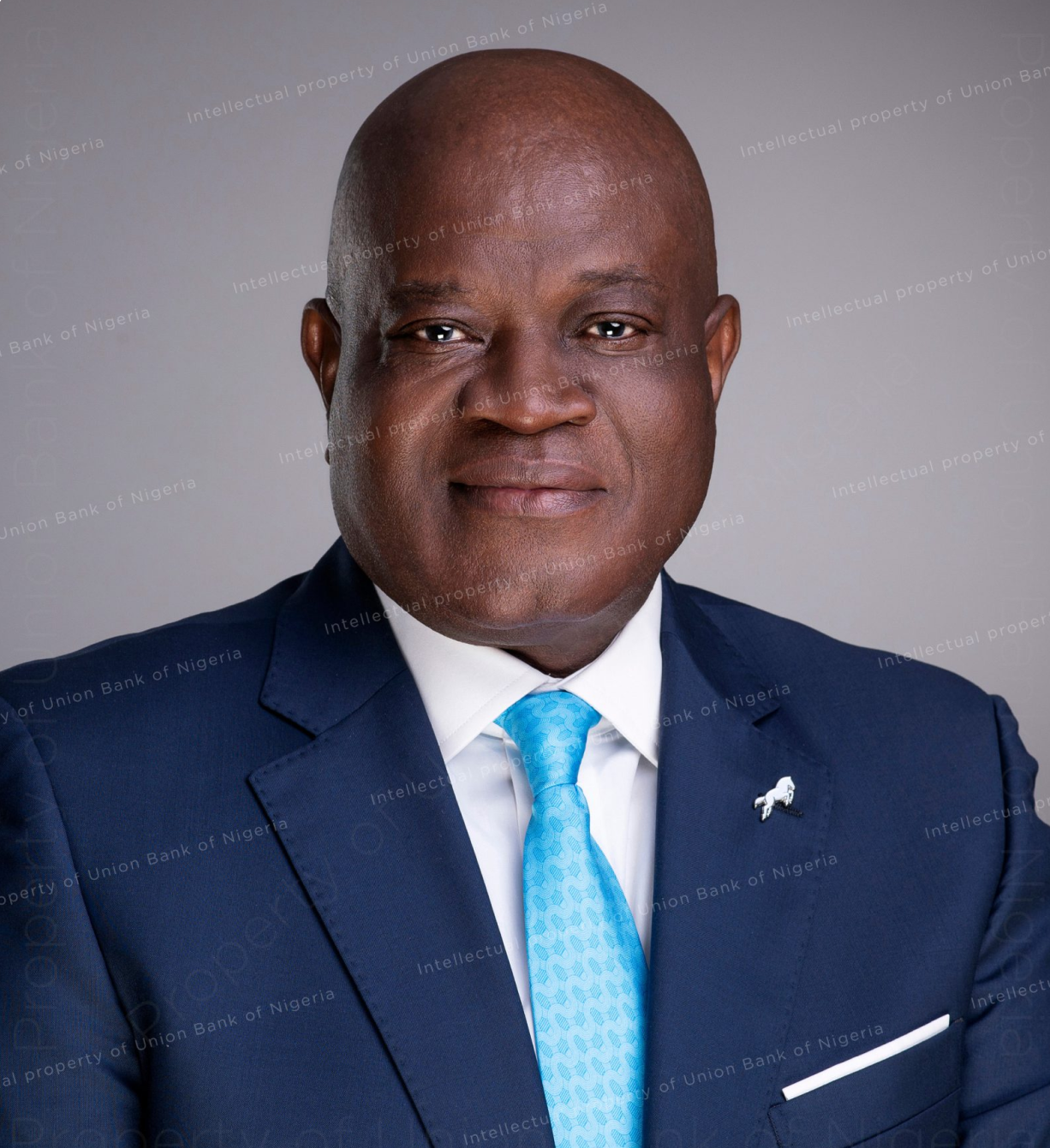The modern workplace is changing faster than many leaders realise. In an era defined by technological disruption, shifting employee expectations, and a workforce more vocal than ever, one truth stands out: authority alone no longer guarantees results. Influence does.
For decades, leadership in many organisations, particularly in Africa, has been equated with authority. Job titles, corner offices, and hierarchy have traditionally carried the weight of decision-making. Yet, authority can only go so far. Authority may compel compliance, but it rarely inspires commitment. Influence, on the other hand, unlocks discretionary effort, the energy employees give not because they are told to, but because they want to.
Why Influence Matters
Influence is built on trust, empathy, and authenticity. It is the invisible currency of effective leadership. Leaders who rely solely on positional power often find that they cannot command innovation, creativity, or loyalty. You can require attendance at a meeting, but you cannot demand the passion that fuels a breakthrough idea.
Global research supports this shift. Gallup’s workplace studies show that managers account for as much as 70% of the variance in employee engagement. And employees who trust their leaders are over ten times more likely to be fully engaged. Google’s well-known “Project Aristotle” study similarly found that psychological safety, the belief that it is safe to speak up without fear, is the single most important factor behind high-performing teams.
In other words, the future of leadership lies not in tightening control but in cultivating environments where people feel safe, valued, and motivated to contribute their best.
The African Context
This conversation has special resonance in Nigeria and across African economies. Our organisations often carry the weight of history and the legacies of bureaucracy, centralised control, and deference to authority. These traditions bring stability, but they can also stifle initiative.
At the same time, a younger, globally connected generation of employees is entering the workforce with different expectations. They want openness. They want fairness. They want leaders who listen as much as they speak. Many are no longer willing to stay in environments where they feel voiceless or undervalued.
This creates a leadership challenge but also a tremendous opportunity. The organisations that succeed in Africa will be those that strike a balance: respecting cultural traditions while opening space for fresh ideas and diverse voices. Influence is the bridge between tradition and transformation.
From Control to Adaptability
The ability to adapt is another hallmark of influence-driven leadership. Studies from Lagos show that companies with strong dynamic capabilities; the ability to sense opportunities, seize them, and reconfigure resources, perform significantly better than those locked into rigid hierarchies.
This is not a theory. We have seen it play out in African fintech, where empowered teams have revolutionised payments and financial access by operating with agility rather than bureaucracy. Influence in such cases is what allows ideas from the grassroots to reach the boardroom and shape billion-dollar solutions.
Rigid authority says, “This is the way we’ve always done it.”
Influence asks, “How can we do it better?”
What Leaders Must Do Differently
If authority alone no longer works, what must leaders do? The answer lies in reframing their role:
- Build trust deliberately. Trust is not a soft skill; it is a performance driver. Leaders who keep their word, act transparently, and admit mistakes create environments where employees reciprocate with loyalty and effort.
- Create psychological safety. Encourage questions, reward curiosity, and avoid punishing well-intentioned mistakes. Innovation flourishes where it is safe to take risks.
- Model authenticity. Employees quickly spot the gap between what leaders say and what they do. Influence grows when leaders embody the values they champion.
- Empower others. True influence multiplies when leaders develop leaders at every level, ensuring ideas and energy flow freely through the organisation.
Influence Is the Future of Work
The pandemic accelerated a reality many organisations had resisted: distributed teams, remote work, and blurred hierarchies. Leaders could no longer rely on physical presence or daily oversight to enforce authority. Instead, they had to rely on influence, credibility, trust, and culture to hold teams together across screens and time zones.
This trend will only deepen. As digital natives become the majority in the workforce, and as disruption continues, organisations that cling to rigid authority will find themselves left behind. The leaders who thrive will be those who inspire, adapt, and create workplaces where influence, not hierarchy, is the engine of performance.
Conclusion
The question for leaders today is simple: do people follow you because they have to, or because they want to?
The future belongs to leaders who can answer the latter. Influence, not authority, is the lever that will shape sustainable organisations. Influence that uplifts rather than suppresses. Influence anchored in trust and authenticity. Influence that makes every employee’s experience a measure of success.
In Nigeria, across Africa, and around the world, the leaders who embrace this truth will not only survive the future of work; they will shape it.
About the Author:
Olufunmilola ‘Funmie Aluko is the Chief Brand and Marketing Officer and Head of Customer Experience at Union Bank of Nigeria. She leads the Bank’s brand strategy, marketing, and strategic communications, as well as its corporate reputation and customer experience agenda, ensuring that its external promise is consistently matched by internal reality. With more than two decades of leadership across marketing, communications, and customer experience, she has been recognised globally as one of the top 20 leaders in customer experience. She is also the voice behind “Lessons from Corporate Nigeria,” a thought leadership series that explores leadership, culture, and the realities of work. Passionate about building resilient organisations, she champions purposeful leadership, trusted brands, and human-centred cultures.




















